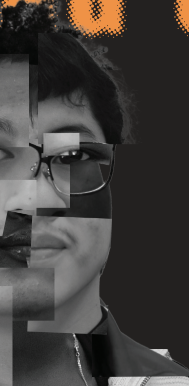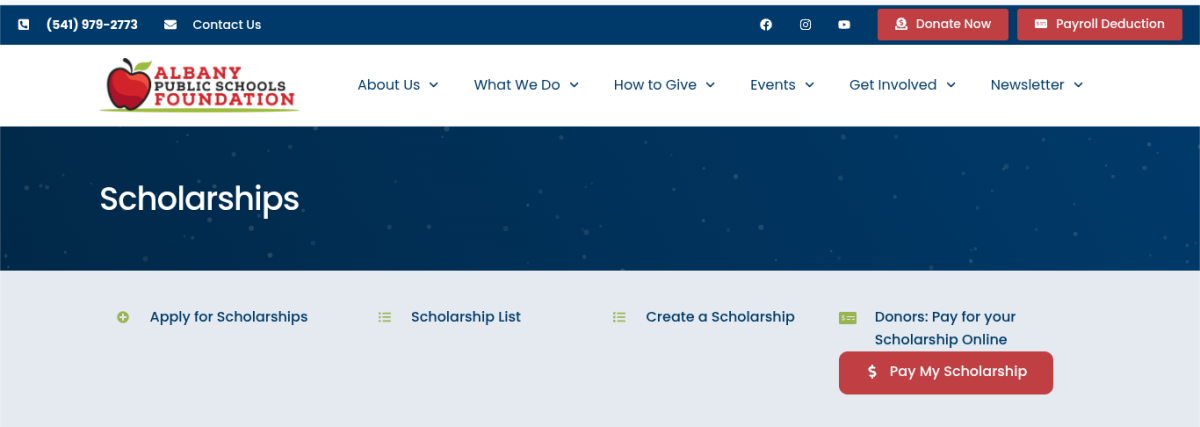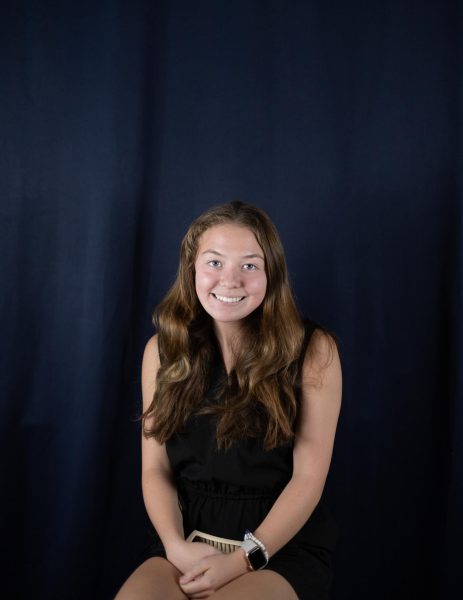Ever walked into a summoning ritual while trying to go to the bathroom? Were late to class due to a flooded hallway caused by the shenanigans of one student? Had a wet tampon fall on your head when exiting the bathroom? These are accounts of real events students at our school have experienced.
All of these situations have one culprit behind them: students. Student behavior outside of the classroom has been escalating even before the pandemic happened, and our current forms of discipline may have a variable in why. One of the current programs in place for new students such as FLASH, Freshman Learning And Seniors Helping, presentations during Frosh study skills serve to help new students adjust to etiquette in the halls, proper use of equipment, and other behaviors that are not affecting the rising number of issues that could be prevented.
Administrators also try to counteract obnoxious behavior by becoming familiar with the student body. However, administrators are having a difficult time keeping a balance between creating meaningful relationships and support all while monitoring outside behavior and delivering consequences to certain actions. This gives certain students the opportunity to take advantage of the relaxed behavior the admin has. A way to change these disrespectful behaviors is by training the admin to be stricter with harsh punishments and give less leeway, but it would create distance between the admin and students which could skyrocket unexcused absences, tardies, and low grades with students feeling less supported than before.
The connection staff have with students has helped students exceed as it’s reflected by West Albany’s 92% graduation rate; however, we cannot let the lack of discipline from some students change the way other students learn. Our school’s motto “Once a bulldog, always a bulldog” is often said to instill in students a sense of pride and remind them to demonstrate leadership, equality, and accountability. Instead, behaviors in our halls have gotten out of control which promotes fights and divides the student body.
Increased discipline from Principle Engel, implementing more restrictions, and constant hall patrol from the assistant principals have been working, but not to the extent it could be. A possible solution to these issues would be a peer-to-peer program where respect and accountability would come from peer pressured expectations and students strive to act accordingly in and out of the classroom.
This program would be loosely based on the Big Brother Big Sister program, focusing on student connection to encourage students to come to school for each other. Having well rounded students lead the way for their peers and have the students be the ones to help guide each other.
Students often in need of admin can be paired up with a student who would be a good pair and help them through friendship, tutoring, invitations, and looking toward the future. Having a more intimate peer relationship will hopefully build more lasting connections and create true friendships that will help struggling students become better students academically, but responsibly too.
It would be a selected process through the counselor, where students would be asked and could change if either side was uncomfortable. The “big siblings” will be exclusively upper class men, with their ability to drive their younger peers and as the students’ with the most high school experience.
This system of friendship would help students with the need of a stable environment, and such students could get extra help through these relationships and having responsibility for them. It would be a more beneficial way for the student body to have more of a connection with each other and influence outside behavior with a system like this in place. As time moves on, the program is flexible to change to each student’s needs and resources to encourage the best behavior and have students striving to be better people to themselves and their peers.





